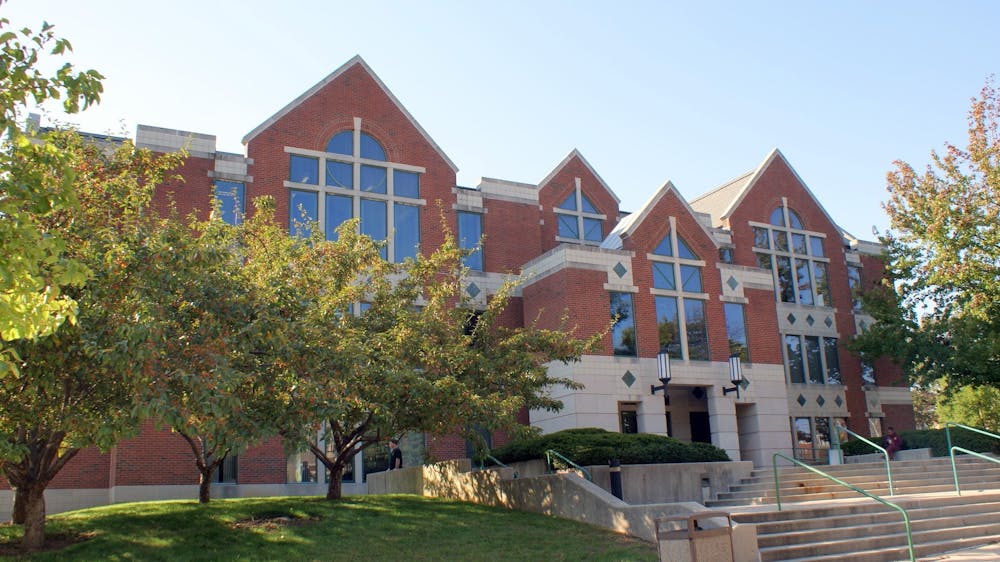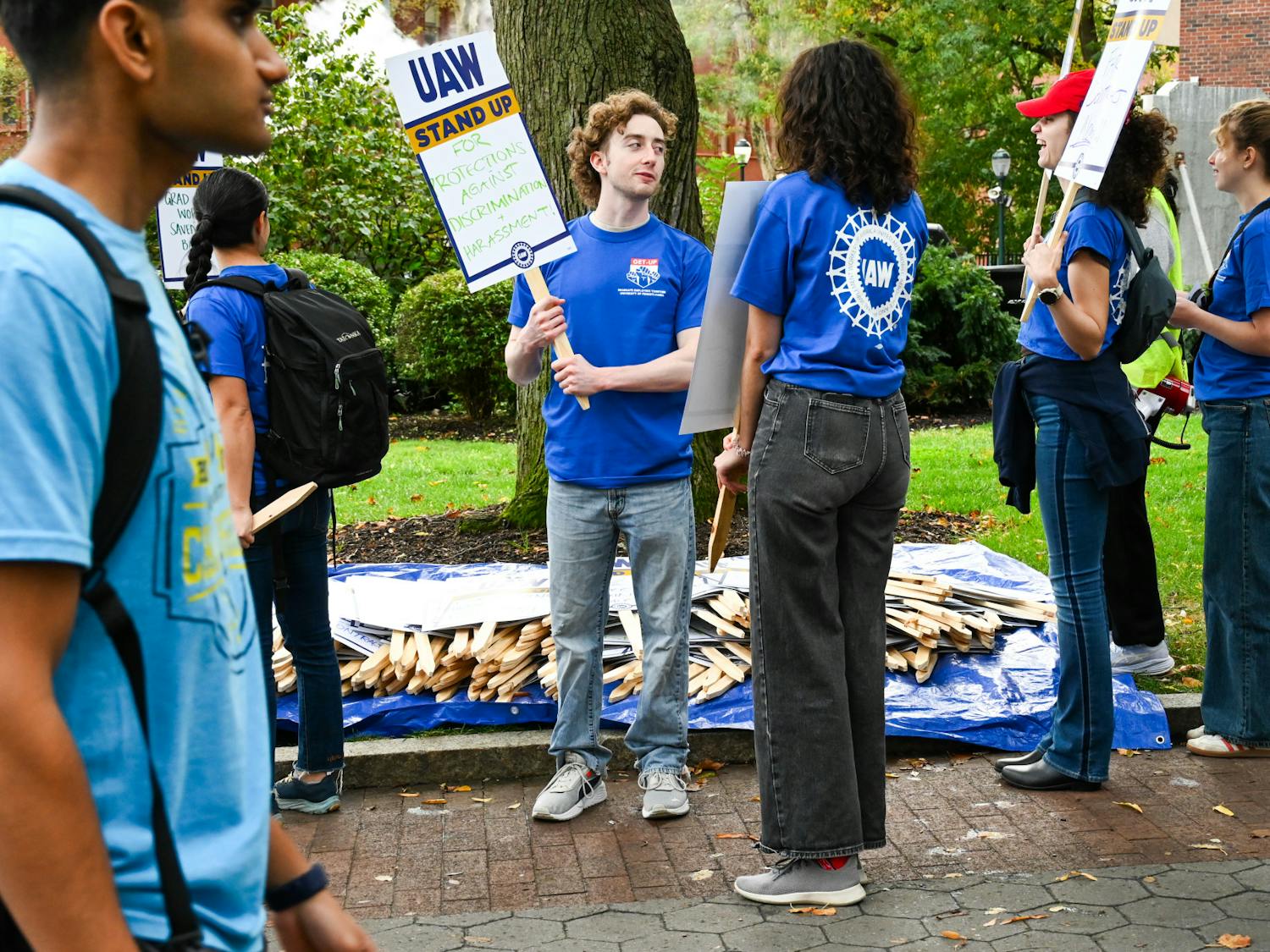La Salle University, located in Philadelphia's Olney neighborhood, returned to in-person learning on Monday after moving classes online due to a high number of COVID-19 cases.
In an official statement, Interim President Tim O’Shaughnessy reported that the university decided it was safe to return to in-person learning after conducting more than 625 COVID-19 tests and significant contact tracing. La Salle conducted classes online from Sept. 7 to Sept. 10 due to a "concentrated increase" in positive cases.
"We have determined the spread is not only traceable, but manageable — particularly when considering our community’s high vaccination rate," O'Shaughnessy wrote. "We are confident it is safe to return to in-person learning."
La Salle reported 78 estimated current confirmed cases on Tuesday, with a total of 109 cumulative cases since Aug. 27.
The university is instituting new measures to further protect its campus community, including increasing staffing for testing and contact tracing, according to the statement. La Salle is also reevaluating safety protocols for on-campus events and visitors.
As of Sept. 14, 86% of the campus community was fully vaccinated against COVID-19 and 5.6% of the campus community was partially vaccinated.
At Penn, College Dean Paul Sniegowski wrote that the University's latest COVID-19 dashboard update offers hope that the entirety of the fall semester can be conducted in person.
According to the dashboard, Penn currently has a positivity rate of 1.11%, a vaccination rate of 97% among faculty and undergraduates, and no classroom transmission has been found. Penn reported 112 positive cases in the week of Sept. 5 to Sept. 11.
RELATED:
La Salle University moves classes online due to "concentrated increase" in COVID-19 cases
Penn hopeful entire semester will be in person after finding no COVID-19 classroom transmission
Most COVID-19 infections nationwide are connected to unvaccinated individuals, NBC10 Philadelphia reported. Although vaccinated individuals can contract COVID-19, the positivity rate is much lower and severe illness and hospitalization are far less likely.









